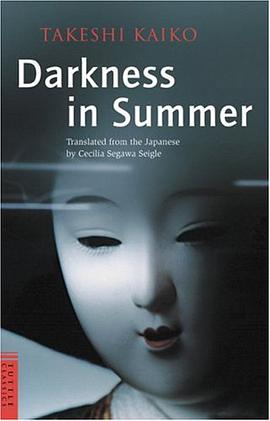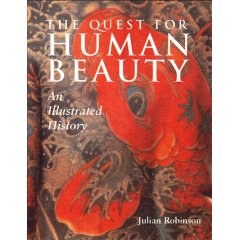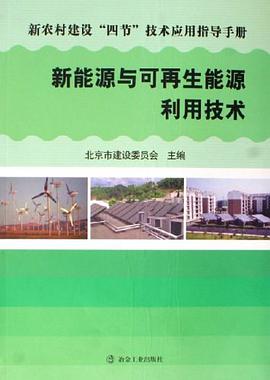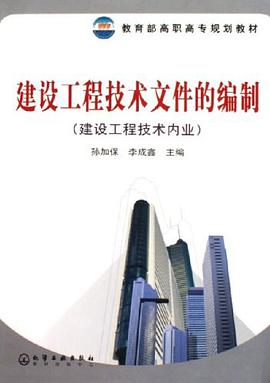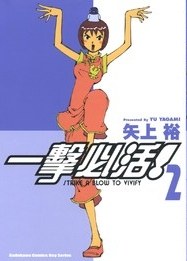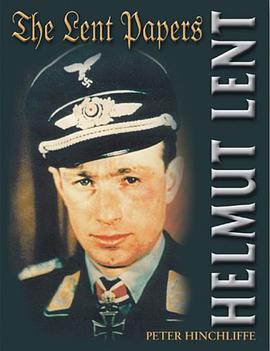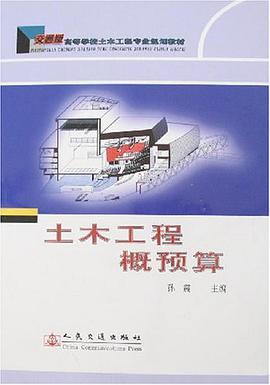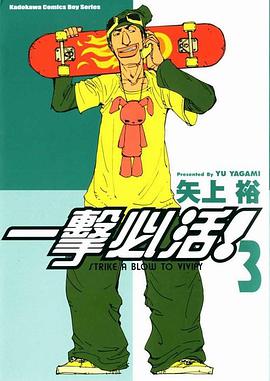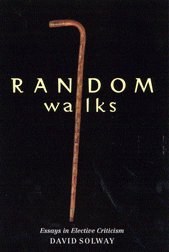

具体描述
The first section of the book develops Solway's approach to literature, starting from the assumption that genuine criticism requires the intellectual freedom to range at will across the literary landscape rather than restricting one's direction based on what is current, fashionable, or politically correct. Solway argues that advocating a theoretical school - postmodernism, poststructuralism, semiotics, new historicism, Marxist revisionism, or queer theory - generally involves abandoning the real critical project, which is the discovery of one's own undetermined motives, dispositions, and interests as reflected in the secret mirrors embedded in literary texts. Instead Solway pursues what he calls elective criticism, writing that enables the critical writer to freely discover his or her own identity - a concept that he claims cannot reasonably be diluted, relinquished, or deconstructed. In the second section Solway practices what he preaches, exploring a wide range of authors and subjects. His essays include an analysis of Franz Kafka's The Trial as a Jewish joke, a personal memoir of Irving Layton, an interpretation of Erin Moure's "Pronouns on the Main," an examination of language in William Shakespeare's romances, a reading of Robert Browning's "My Last Duchess" that is sympathetic to the Duke, an assertion that James Joyce has more in common with the traditional novelist than with the professional, (post-)modern alienator, and an exploration of Jonathan Swift's sartorial imagery that contends that form is the source of substantive identity.
作者简介
目录信息
读后感
评分
评分
评分
评分
用户评价
相关图书
本站所有内容均为互联网搜索引擎提供的公开搜索信息,本站不存储任何数据与内容,任何内容与数据均与本站无关,如有需要请联系相关搜索引擎包括但不限于百度,google,bing,sogou 等
© 2026 book.wenda123.org All Rights Reserved. 图书目录大全 版权所有

